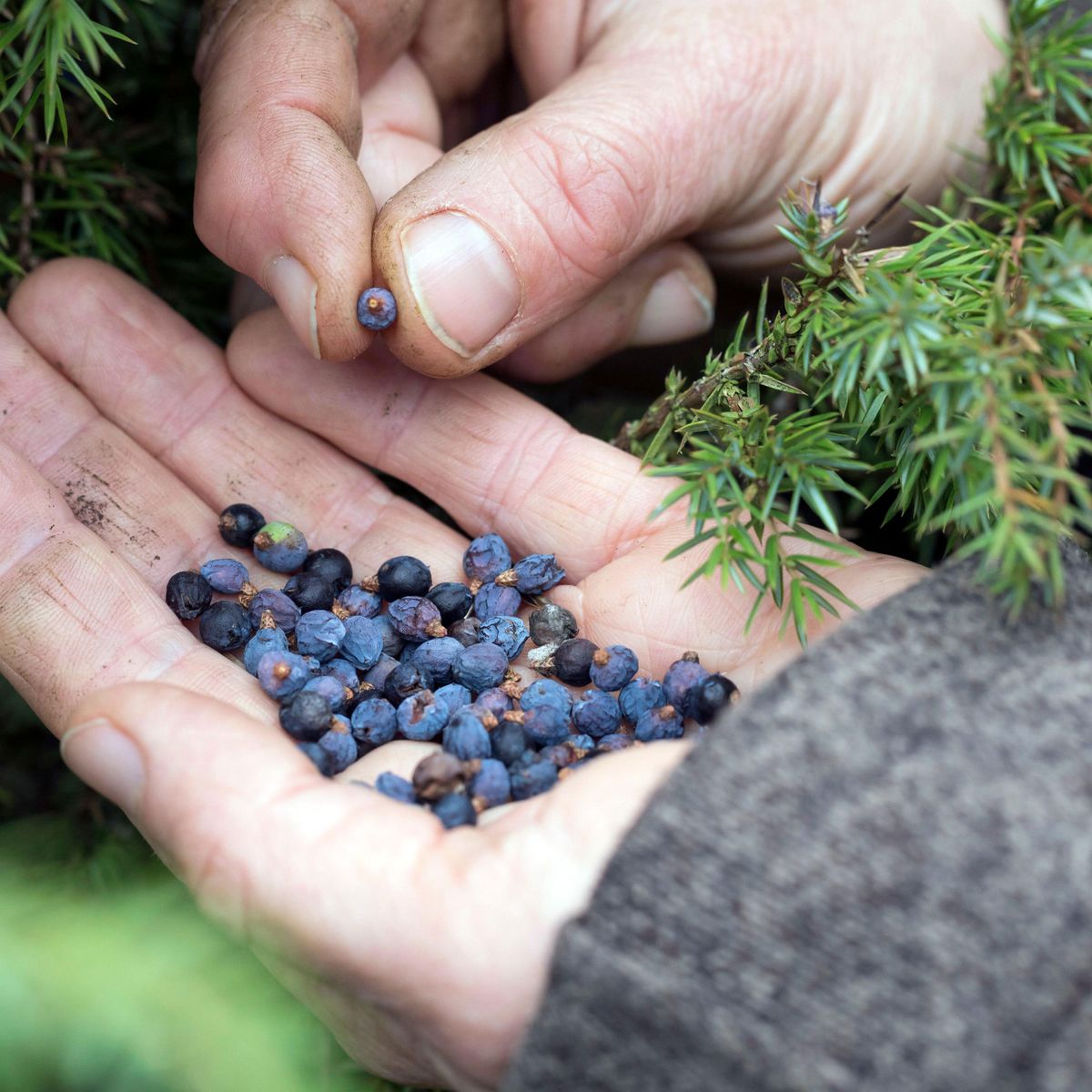Kat Kinch sent in today’s photos of a garden transformation.
My mom, Pat, a retired teacher, was increasingly concerned that a huge, old red maple in close proximity to her house would one day end up in her bedroom in a summer storm. With no small amount of regret, she decided to have it taken down.
 While she breathed easier when gusts arrived, the space the old tree formerly occupied was left an arid slope. She missed the leafy shade, and the dry ground and network of roots made new planting difficult. One winter’s evening over a bottle of wine, we dreamed up a solution: a large-scale pergola and a terraced slope, giving her the green, serene shade planting she enjoyed most, overlooking a full-sun level of low-maintenance, drought-tolerant perennials.
While she breathed easier when gusts arrived, the space the old tree formerly occupied was left an arid slope. She missed the leafy shade, and the dry ground and network of roots made new planting difficult. One winter’s evening over a bottle of wine, we dreamed up a solution: a large-scale pergola and a terraced slope, giving her the green, serene shade planting she enjoyed most, overlooking a full-sun level of low-maintenance, drought-tolerant perennials.
 The design came to life with the help of a favorite local contractor, who was able to get the job done in fall 2020 despite the pandemic, sourcing big beams and adding creative shapes to the pergola structure. The site was mulched for the winter and ready for spring planting in May 2021. By good luck, the plant delivery arrived just in time for my mom’s birthday, which we spent getting the perennials and one tall Amelanchier canadensis (Zones 4–8) into the ground with the help of my friend Heather.
The design came to life with the help of a favorite local contractor, who was able to get the job done in fall 2020 despite the pandemic, sourcing big beams and adding creative shapes to the pergola structure. The site was mulched for the winter and ready for spring planting in May 2021. By good luck, the plant delivery arrived just in time for my mom’s birthday, which we spent getting the perennials and one tall Amelanchier canadensis (Zones 4–8) into the ground with the help of my friend Heather.
 The lower level close to the driveway features a “creek” of Salvia ‘Caradonna’ (Zones 4–8) (our small town riff on the Lurie Garden’s salvia river in Chicago), punctuated by Veronica longifolia ‘Charlotte’ (Zones 4–8).
The lower level close to the driveway features a “creek” of Salvia ‘Caradonna’ (Zones 4–8) (our small town riff on the Lurie Garden’s salvia river in Chicago), punctuated by Veronica longifolia ‘Charlotte’ (Zones 4–8).
 White echinacea (Echinacea purpurea, Zones 4–8), and Phlox ‘David’ (Zones 4–8) also punctuate the salvia river, all surrounded by plentiful strawberries as ground cover. (After a long-running battle, Mom ceded the berries to the chipmunks.)
White echinacea (Echinacea purpurea, Zones 4–8), and Phlox ‘David’ (Zones 4–8) also punctuate the salvia river, all surrounded by plentiful strawberries as ground cover. (After a long-running battle, Mom ceded the berries to the chipmunks.)
 We added two bareroot plum trees in the fall, supplied by a local fruit and nut grower, providing bookends of height.
We added two bareroot plum trees in the fall, supplied by a local fruit and nut grower, providing bookends of height.
 On the sunny front part of the upper level, garden chives (Allium schoenoprasum, Zones 4–8) are interspersed with Russian sage (Perovskia atriplicifolia, Zones 5–9).
On the sunny front part of the upper level, garden chives (Allium schoenoprasum, Zones 4–8) are interspersed with Russian sage (Perovskia atriplicifolia, Zones 5–9).
 Mom’s favorite gaura, Gaura lindheimeri ‘Whirling Butterflies’ (Zones 5–9), floats above it all.
Mom’s favorite gaura, Gaura lindheimeri ‘Whirling Butterflies’ (Zones 5–9), floats above it all.
 The pergola creates a sheltered retreat, and the big support beams have had various climbers, the most successful proving to be sweet autumn clematis (Clematis terniflora, Zones 4–9) and a hardy variety of hops (Humulus lupulus ‘Cascade’, Zones 4–8) that are now spreading contentedly across the overarching structure.
The pergola creates a sheltered retreat, and the big support beams have had various climbers, the most successful proving to be sweet autumn clematis (Clematis terniflora, Zones 4–9) and a hardy variety of hops (Humulus lupulus ‘Cascade’, Zones 4–8) that are now spreading contentedly across the overarching structure.
 At the far side of the upper level, a hot spot of full sun for most of the day, false indigo (Baptisia australis, Zones 3–9) has made itself right at home, stretching to mature size in its first year.
At the far side of the upper level, a hot spot of full sun for most of the day, false indigo (Baptisia australis, Zones 3–9) has made itself right at home, stretching to mature size in its first year.
 This garden has changed a “nothing,” hot space into a calm oasis full of green, white, and blue tones, lively with pollinators, requiring minimal supportive watering and low-key weeding Mom is well-equipped with a hori-hori knife, and the few dandelions that poke up their heads are swiftly dispatched. She can use her pergola garden for active gardening when she wishes, but it is designed to be primarily a place to relax with a coffee and an excellent view of the butterflies and bees visiting the flowers below.
This garden has changed a “nothing,” hot space into a calm oasis full of green, white, and blue tones, lively with pollinators, requiring minimal supportive watering and low-key weeding Mom is well-equipped with a hori-hori knife, and the few dandelions that poke up their heads are swiftly dispatched. She can use her pergola garden for active gardening when she wishes, but it is designed to be primarily a place to relax with a coffee and an excellent view of the butterflies and bees visiting the flowers below.
Have a garden you’d like to share?
Have photos to share? We’d love to see your garden, a particular collection of plants you love, or a wonderful garden you had the chance to visit!
To submit, send 5-10 photos to [email protected] along with some information about the plants in the pictures and where you took the photos. We’d love to hear where you are located, how long you’ve been gardening, successes you are proud of, failures you learned from, hopes for the future, favorite plants, or funny stories from your garden.
Have a mobile phone? Tag your photos on Facebook, Instagram or Twitter with #FineGardening!
Do you receive the GPOD by email yet? Sign up here.










